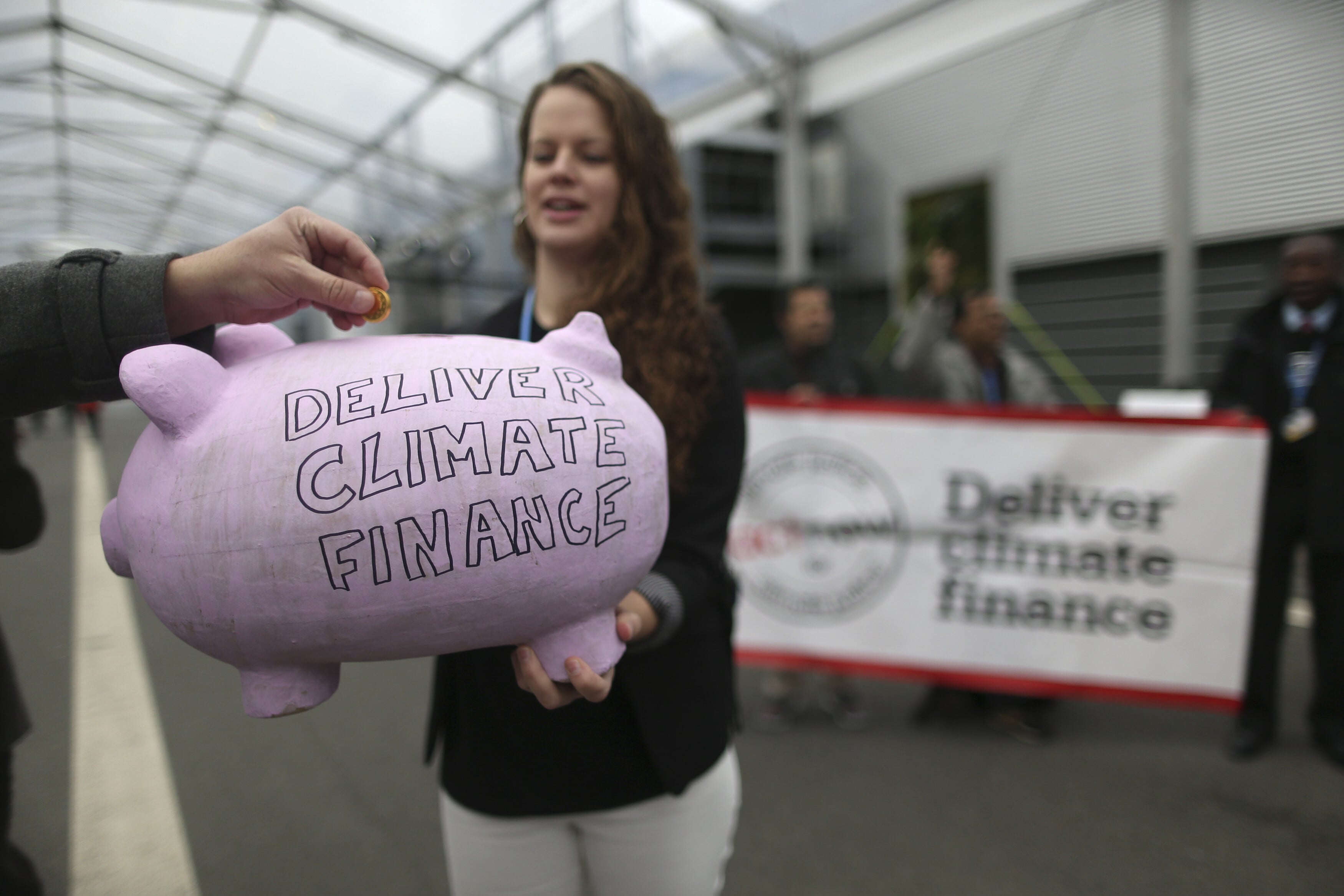Japan isn't fulfilling its sustainability potential. How do we encourage better investment?

Japan could galvanize its sustainability potential with policy changes.
Image: Getty Images/iStockphoto
Stay up to date:
Sustainable Finance and Investment
Listen to the article
- As elsewhere, Japanese investors are seeking to set sustainability impact goals in their portfolios.
- Lack of clarity in Japanese law about when they are permitted or required to invest sustainably is hindering overall progress.
- A new UN-supported PRI report advises on how Japanese policy-makers should proceed.
Today’s institutional investors, more than ever, are in the spotlight. They are increasingly tasked with overseeing investments that understand and manage ESG concerns such as climate, while seeking financial returns.
To help them, the PRI (Principles for Responsible Investment) has recently released a new report – focusing specifically on integrating sustainability across Japan's investment industry. This forms part of a wider PRI global report series covering the UK, Canada, EU and Australia.
Why is this so important? The answer is simple. Japan, like numerous other countries, has seen strong support for sustainable finance from the private sector, alongside policy-makers and regulators, but many investors are still unclear on how best to leverage the opportunities for both financial and environmental good. While this lack of clarity remains, vital potential is going unrealized; both in Japan and Asia as a whole.
What is investing for sustainability impact?
Investors now recognize global crises like climate change and poverty pose significant risks to economic growth and financial returns over the long term. Accordingly, leading institutional investors in Japan and other countries are increasingly seeking to understand and manage these risks by setting sustainability impact goals across their portfolios.
Investing for sustainability impact requires an element of intentionality not necessarily considered by traditional forms of ESG integration. It entails setting explicit sustainability impact goals, taking action to achieve them and assessing changes in real-world outcomes.
We know that Japan can assume stronger leadership in the area of responsible investment by providing investors with legal clarity and enabling policies to help in this process. Doing so can also serve to empower investors to support national sustainability goals, as well as the economic transition required across Asia.
Clarifying Japanese investment law
At PRI, the challenge we’ve identified is this: Japanese investment law permits, and in many cases requires investors to pursue sustainability impacts when those impacts are financially material.
However, this is not well understood by investors due, in part, to the lack of clarity in Japanese regulation. Japanese investors are unclear when and to what extent they are permitted or required to invest for sustainability impact – that is, use the tools and resources at their disposal (such as asset allocation between different asset classes, and stewardship) to intentionally pursue sustainability outcomes. This ambiguity in Japan is hindering climate finance, potentially discouraging investors from taking action by intentionally pursuing sustainability goals.
We think existing rules, standards and guidance in Japan could be updated, so that investors can better understand their duties in pursuing sustainability impact goals. To this end, we hope Japanese regulators and policy-makers will clarify the extent to which investors’ duties permit or require them to consider pursuing sustainability impact goals.
We also seek better investor access to corporate sustainability-related information, through updating existing rules, standards and guidance. Also, we would like clarity on when and how investors can use stewardship activities, such as investors exerting influence as shareholders, to pursue sustainability impacts, by updating the stewardship code, and through relevant implementation-support programmes.
Finally, we would seek to enhance transparency and market discipline on responsible investment claims by introducing rules and guidance on disclosures, labelling and classification, ensuring better communication between investment managers and their clients and beneficiaries.

Net zero and beyond
Remember, the vital need to invest for sustainability impact works alongside the context of the Paris Agreement, addressing the urgency of mitigating climate change and additionally creating greener, longer term sustainable businesses and investments within the world's burgeoning green economy.
WEF’s very own Global Risks Report 2023, cited within our Japan paper, identifies inaction on climate change, human environmental damage, biodiversity loss, erosion of social cohesion and livelihood crises as some of the most severe global risks we face. The International Corporate Governance Network has warned that such risks are significant threats to the stability of the global financial system.
Research from Deloitte and Bank of Japan estimates that unmitigated climate change will cause a JPY95 trillion (Japanese yen) loss in Japan’s GDP by 2070. The country’s flood risk is also expected to increase and, alongside other risks such as droughts and wildfires, could reduce real GDP by 7% by 2100. These reasons make investing for sustainability impact absolutely critical.
I hope that we will see increasing growth in sustainability impact investments across Japan and indeed across Asia. Now is the time to act. Such investments will help greener money deliver a climate-benign world and a more profitable, sustainable Asian economy, with protected long-term returns.
How is the World Economic Forum ensuring sustainable global markets?
And of course, they will help enable the net zero transition, truly sustainable economic markets and offer advantages for fiduciaries entrusted with valuable funds. We very much welcome any thoughts or engagement across the Legal Framework for Impact stream of our work, and the PRI’s work as a whole. If you’d like to talk, contact louisa.guy@unpri.org
Don't miss any update on this topic
Create a free account and access your personalized content collection with our latest publications and analyses.
License and Republishing
World Economic Forum articles may be republished in accordance with the Creative Commons Attribution-NonCommercial-NoDerivatives 4.0 International Public License, and in accordance with our Terms of Use.
The views expressed in this article are those of the author alone and not the World Economic Forum.
Forum Stories newsletter
Bringing you weekly curated insights and analysis on the global issues that matter.
More on Financial and Monetary SystemsSee all
Sandra Waliczek
August 8, 2025
Rebecca Geldard
August 7, 2025
Aurora Matteini and Derek Baraldi
August 6, 2025
Sandra Waliczek and Harry Yeung
July 29, 2025
Pranidhi Sawhney and Adam Skali
July 29, 2025
David Carlin and Sourajit Aiyer
July 28, 2025





